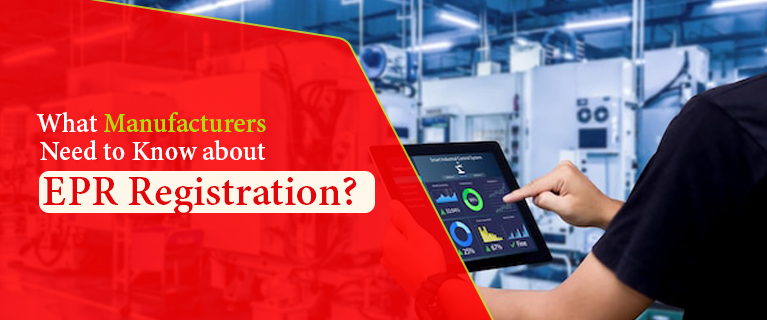A Comprehensive Guide To EPR Registration For Food And Beverage Businesses

In an era marked by increased environmental awareness and sustainable business practices, the importance of Environmental Product Responsibility (EPR) registration cannot be overstated, especially for the thriving Food and Beverage (F&B) industry. EPR serves as a pivotal framework for businesses aiming to minimize their environmental footprint and contribute to the broader goal of ecological sustainability. Understanding EPR in the F&B Sector: What is EPR? Environmental Product Responsibility (EPR) is a policy approach that places the responsibility for managing the environmental impact of products on the manufacturers, producers, and importers. It is a proactive strategy that encourages businesses to take ownership of the entire lifecycle of their products, from production to disposal. Read Also This - The Essential Guide to EPR Registration for Electronics Why is EPR Registration necessary for Food and Beverage Businesses? 1. Waste Reduction: Impact: The F&am



